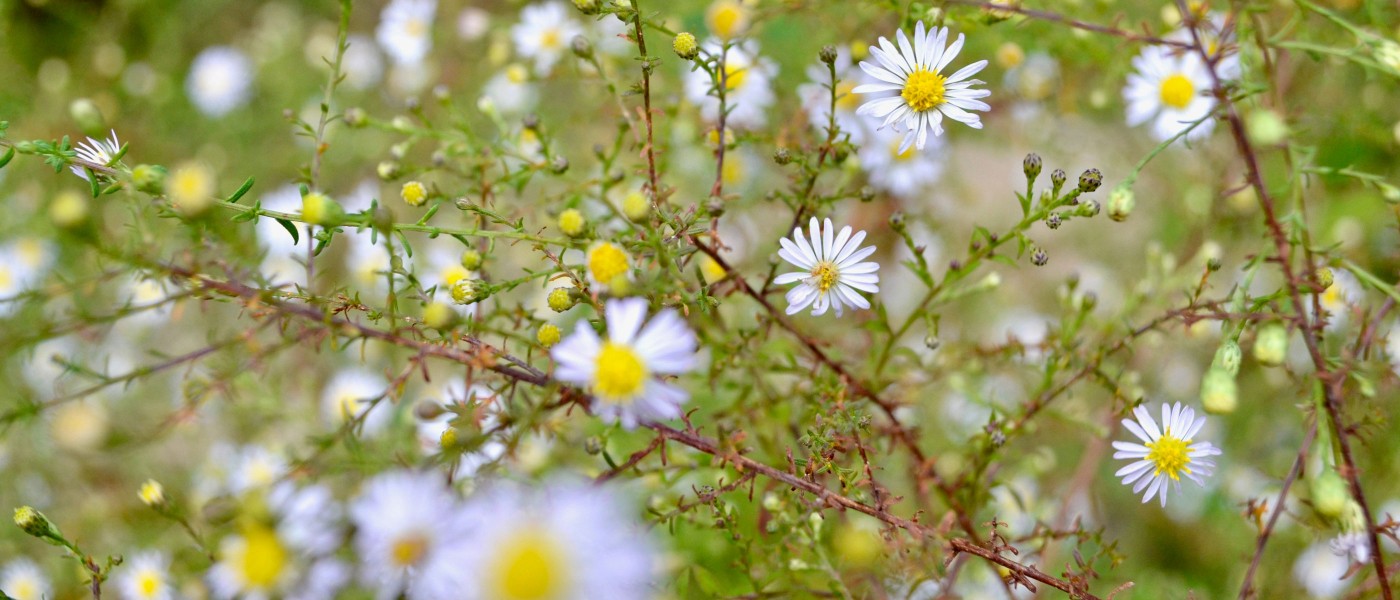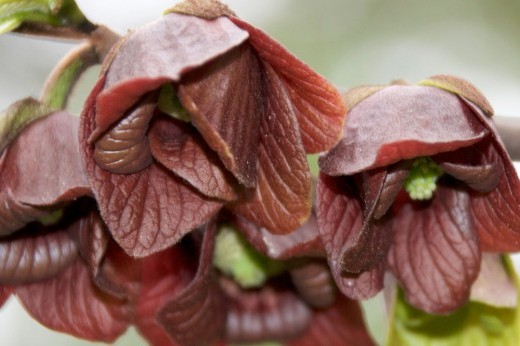Topics
Special Series
Ecological Gardening
-
Deer-Resistant Plants: Shrubs and Trees for the Deer-Plagued Gardener
Over the past few decades, plant damage caused by deer has risen to alarming levels in North American rural and suburban gardens.
By Richard A. Larson -
Nine Keys to Plant Disease Prevention
Prevention is the key to plant-disease control. This is true whether a disease is infectious (involving host-parasite relationships between plants and pathogens such as certain fungi, bacteria, or viruses) or non-infectious (involving disorders such as nutrient deficiencies or winter damage).
By Jim Chatfield -
Least-Toxic Controls of Plant Diseases
The best way to control plant diseases is to make sure they don't get a foothold in the garden in the first place. However, if they are already established, you may feel it's necessary to resort to one of the controls described below.
By William Quarles -
Recycled Products—Turning Trash into Garden Tools
Recycling prevents global habitat destruction by providing industry with an alternative, ready source of "raw" material. It leads, therefore, to the conservation of energy, the reduction of industrial pollution, and the preservation of species biodiversity.
By Niall Dunne -
Indoor Worm Bin Composting
You can use red worms to recycle your food waste by setting up a worm bin recycling system in your school classroom or at home in your kitchen, basement, garage or yard.
By Patricia Jasaitis -
Front Yard Fashion—Reinventing the American Garden
The urban-suburban landscapes of North America reflect a design tradition that has remained relatively constant since the middle 1940's. Only by understanding and acknowledging this tradition can we begin to innovate in our front yards.
By C. Colston Burrell -
Natural Pesticides
Most yard and garden pesticides available today are synthesized chemicals. Because some of these pesticides have been associated with health and environmental hazards, interest in alternatives has been increasing in recent years.
By




